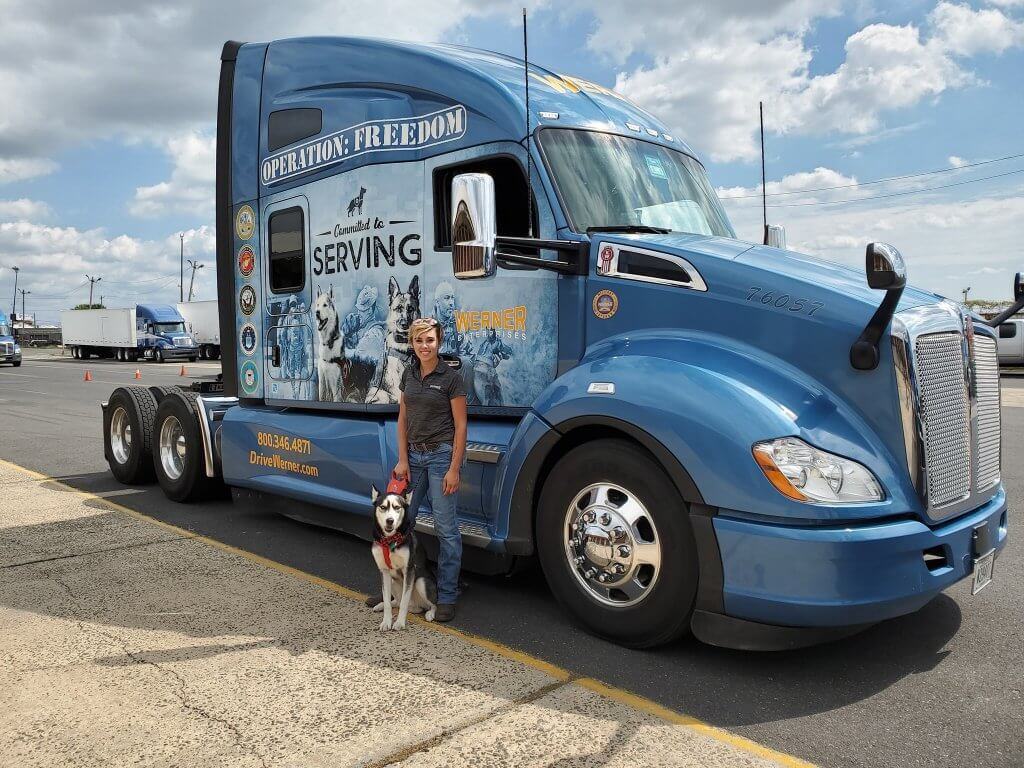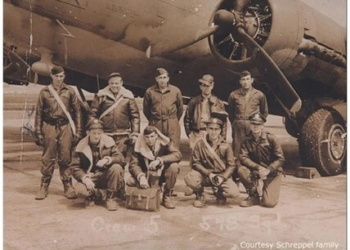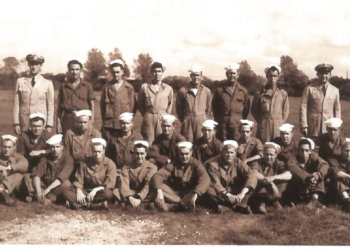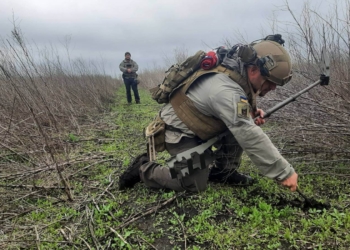Cheyenne Martinez did not need to enroll in a veteran apprenticeship program for truckers to obtain her commercial driver’s license.
She already had one.
Coming from a family of truckers — her mother is in the business, as was her grandfather — Martinez started the program knowing a lot about the business. Just not everything.
“Yes, I went on the road with my mom, but the program taught me pretty much all the basic skills that I needed to know and then some,’’ said Martinez, who will turn 25 on March 17.
“They give you so much information, and the quality time that you get with your leaders, they really set you up for success.’’
According to a recent report compiled by the American Trucking Association, the workforce is aging and it needs to attract a younger demographic to replace retiring truckers. As the trucking industry seeks new drivers, it is tapping a valuable resource — veterans, of which there are 200,000 annually who leave the military, according to the Department of Veterans Affairs.
Veterans appeal to the trucking industry as long haulers of their strong value systems, said Jafi Roskey, military and specialized programs manager for Werner Enterprises.
Like service members, truckers embark on a mission and are expected to complete it on time and successfully.
“Our industry [is] always looking for truck drivers,’’ Roskey said. “That is a nationwide issue, but the veteran force is especially needed. They served our nation. Why not continue to serve their nation by hauling America’s goods?’’
Read: Veterans and gaming careers.
Werner’s apprenticeship program for veterans is in its 15th year. The company’s headquarters is in Omaha, Nebraska, and employs about 13,000 people nationally and puts roughly 8,000 trucks onto the nation’s roads. Werner averages adding 450 veterans with benefits annually, Roskey said.
Besides Werner, other trucking companies have developed programs to train vets. One is Swift Transportation out of Phoenix. A Swift spokesperson declined to be interviewed or make one of the company’s drivers available for this story.
Werner’s veteran apprenticeship program is under an umbrella of company initiatives called Operation Freedom.
“Veterans bring that leadership, that can-do attitude,’’ Roskey said. “They’re self-reliant. They need very little supervision to do the tasks that we’re asking them to do. They’ve proven themselves.’’
Werner’s program can last up to 24 months.
The apprenticeship program is upon hire, and any driver with at least a year’s experience can enroll, Roskey said. The curriculum focuses on day-to-day skills that truckers encounter, including driving in inclement weather and what to do when a rig breaks down. On-the-road driving skills and the proper technique for backing up are stressed.

Roskey says that the curriculum is geared toward safety and proficiency.
“The apprentice program’s completely free to enroll in,’’ Roskey said. “There’s an added benefit for those who are veterans or in the Guard or Reserves. They can use their VA educational benefit for the program for up to the 24 months. They can withdraw that for their monthly housing allowance for up to 24 months.’’
Martinez got her commercial driver’s license shortly after she turned 21. She recalls fondly the time she spent behind the wheel of her truck. Martinez no longer is a driver but rather a safety representative for Werner based in Pennsylvania. All the while, she is a specialist in the Pennsylvania Army National Guard. Martinez, whose first child was born in February 2021, enlisted on the day she graduated high school in 2014. Seven years later, she is still in the military — and still in close proximity to truckers.
“Trucking is a good path for veterans, especially veterans coming from the active-duty side because there are so many ways to travel,’’ Martinez said.
“When you’re so used to traveling and you get stuck in one place for too long, you get antsy. You’re so used to go, go, go all the time.’’
The trucking industry is making its intentions clear.
Read: Cyber security professional leans on special ops background.
For veterans seeking a good career path after leaving the military, there’s worse places to be than behind the wheel.
“[They can] continue their travels throughout the U.S.,’’ Martinez said. “You get paid at the same time, but it’s not a job. It’s more of a passion at that point.’’
You can find this story and more in our March issue of Military Families Magazine. Download it here.
Read comments







































